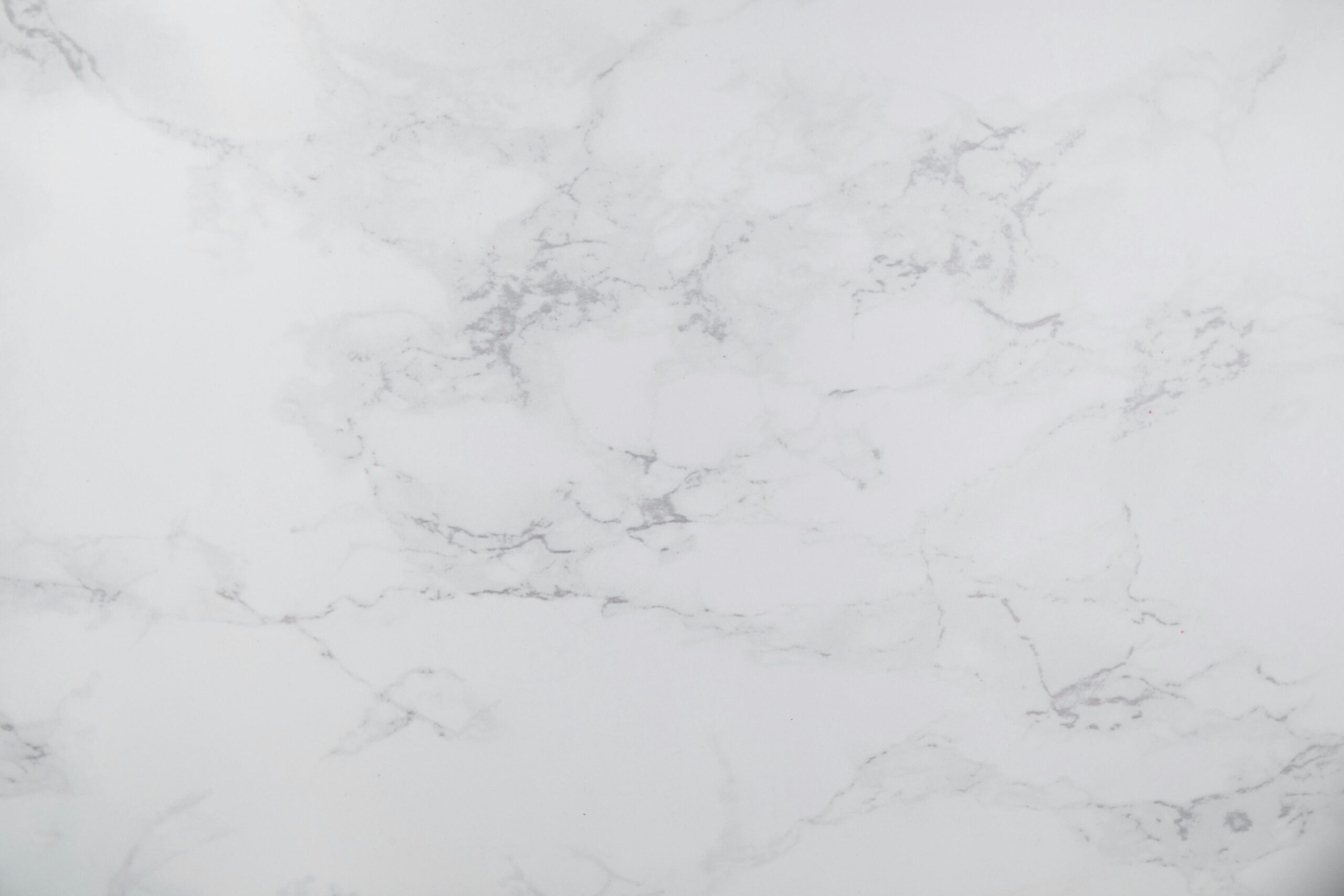Choosing the right countertop material is one of the most significant decisions you’ll make during a kitchen renovation. The debate between quartz vs granite countertops continues to be a hot topic among homeowners looking to upgrade their kitchens. Both materials offer distinct advantages and potential drawbacks in terms of aesthetics, durability, maintenance requirements, and cost. This article will compare these two popular countertop options across several key factors to help you determine the best kitchen countertop material for your specific needs and preferences.
Understanding the Materials
Granite is a natural stone formed over millions of years through the cooling and solidification of molten materials deep within the earth. Each granite slab is unique, featuring natural variations in color, pattern, and mineral composition that many homeowners find appealing. The distinctive character of granite means no two countertops will ever be identical, providing a truly one-of-a-kind installation for your kitchen.
Quartz countertops, on the other hand, are engineered stone products composed of approximately 90-95% ground natural quartz combined with resins, polymers, and pigments. This manufacturing process allows for consistent coloration and patterning, which some homeowners prefer for its predictability. The pros cons quartz discussion often begins with this fundamental difference in origin and composition, which influences many of their respective properties.
Durability and Longevity
When evaluating the best kitchen countertop material, durability is paramount. Granite is extremely hard and resistant to scratches, making it an excellent choice for busy kitchens. However, despite its strength, granite is not impervious to damage. It can chip if heavy objects are dropped on edges or corners, and these chips can be difficult to repair invisibly.
Quartz generally ranks slightly higher in terms of overall durability. Its engineered nature makes it more flexible and less prone to chipping than granite. The resin binders in quartz countertops also create a non-porous surface that resists staining better than natural stone. As noted by kitchen renovation experts at AskHomey, quartz’s consistent durability throughout the entire slab is one of its main selling points compared to natural stone options that may have hidden weak points.
Maintenance Requirements
The quartz vs granite countertops conversation often turns to maintenance when homeowners are weighing their options. Granite requires periodic sealing—typically once a year, though this varies based on usage and the specific granite selected—to maintain its resistance to stains and bacteria. The sealing process isn’t particularly difficult, but it does represent ongoing maintenance that some homeowners prefer to avoid.
Quartz requires virtually no maintenance beyond regular cleaning with mild soap and water. Its non-porous surface doesn’t need sealing and is naturally resistant to bacterial growth. For busy households or those who want a truly low-maintenance solution, this factor alone might tip the scales in favor of quartz.
Appearance and Design Options
Granite offers the authentic beauty of natural stone with unique veining, flecks, and color variations that many homeowners find irresistible. Available in hundreds of color options from subtle whites and beiges to dramatic blacks and blues, granite can complement virtually any kitchen design aesthetic from traditional to contemporary.
The engineered nature of quartz allows manufacturers to produce a wide range of colors and patterns, including options that closely mimic the look of natural stone. Some quartz products are now so sophisticated that they can replicate the appearance of marble, limestone, and even concrete. This versatility makes quartz an appealing option for designers looking to achieve specific aesthetic goals while maintaining practical performance characteristics.
Cost Considerations
When you compare countertop costs, you’ll find both materials occupy the mid-to-high range of the price spectrum. Granite typically costs between $40 and $100 per square foot installed, with exotic varieties potentially exceeding this range. Factors affecting granite pricing include color rarity, thickness, edge treatments, and source location.
Quartz generally ranges from $50 to $120 per square foot installed. The engineered nature of quartz means pricing is somewhat more predictable, though premium designer brands command higher prices. When evaluating the long-term investment, consider that quartz’s lower maintenance requirements may offset its potentially higher initial cost compared to some granite options.
Heat Resistance
Granite offers excellent heat resistance, allowing you to place hot pots and pans directly on the surface without damage in most cases. This natural heat resistance is a significant advantage for serious cooks who may not always remember to use trivets or hot pads.
Quartz, while heat-resistant to a degree, can be damaged by sudden extreme temperature changes or prolonged exposure to high heat. The resins that bind the quartz particles can potentially discolor or crack under extreme heat, making the use of trivets essential with quartz countertops.
Making Your Final Decision
The quartz vs granite countertops debate ultimately comes down to your specific priorities. If you value natural beauty, heat resistance, and potentially lower initial costs, granite may be your best choice. If low maintenance, consistent appearance, and maximum stain resistance are your priorities, quartz might be the more suitable option for your kitchen.
For more tips and to connect with reliable home service professionals, follow AskHomey on Facebook and Instagram.



